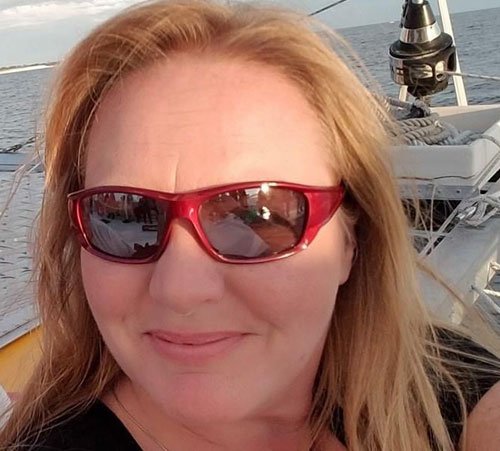The Mission
SOLUT3.0, Travel Stay Solutions, and the ADA Functional® concept grew from the traveling experiences of Mr. Hinton, who became quadriplegic in February of 1990. Anthony had worked in the travel industry before becoming disabled, which gave him professional experience and insight in this area. Being disabled for about as long as the ADA has been signed and introduced to law (January 1990), he has been able to grow with the changes of the ADA since its commencement.
He has experienced wheelchair accessible, ADA compliant, and many makeshift designs and ideas that eat up a lot of revenue, but still fall short of functionality. Through these experiences, he realized that compliance is being legal, but doesn’t always mean functional. Some wheelchair accessible rooms do offer access into the room, but often lack functionality.
Many times Hinton traveled, booking a wheelchair accessible room in advance, only to arrive to a room that did not meet his needs, or was informed the room he booked was no longer available. This led to him being subject to using non-compliant rooms and realizing that if it had been built just a little differently, it could easily work for people with disabilities as well as the able body customer at little to no extra cost (and in some cases, less cost). Mr. Hinton even orders a new shower bench each time he travels and (upon check out) leaves it at the hotel as a gift in case another disabled traveler shares the same needs.
This is why Mr. Hinton embarked on the mission to introduce a more efficient way of building for future constructions that would make all rooms “ADA Functional®” and help accommodate more customers without escalating cost. He will also prove how in the long run, it will save the hotel industry millions of dollars by applying revenue where needed and saving revenue where it isn’t. When speaking of ADA Functional®, think of the Universal Design concept (but on a smaller scale) as a precursor to our approach.




